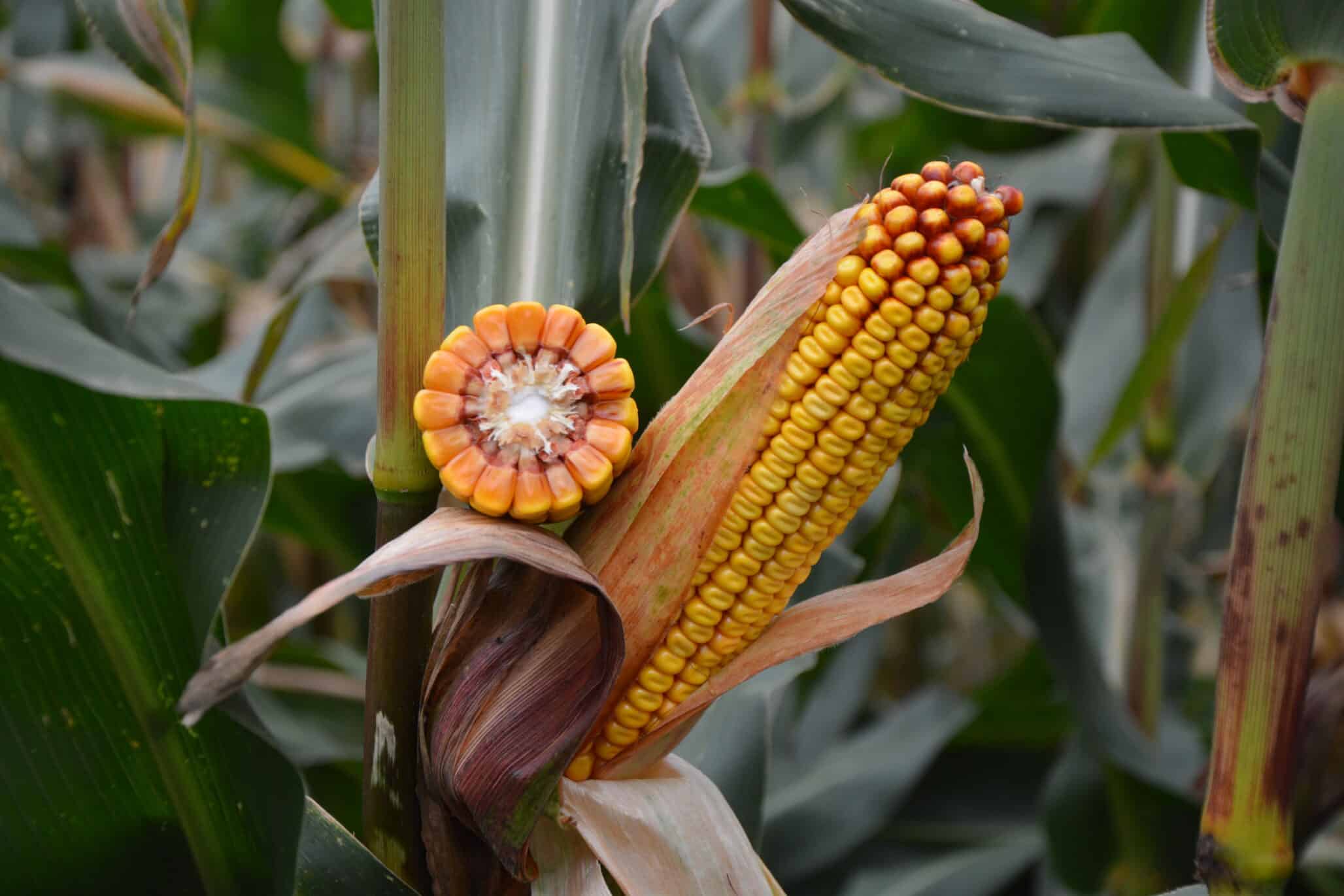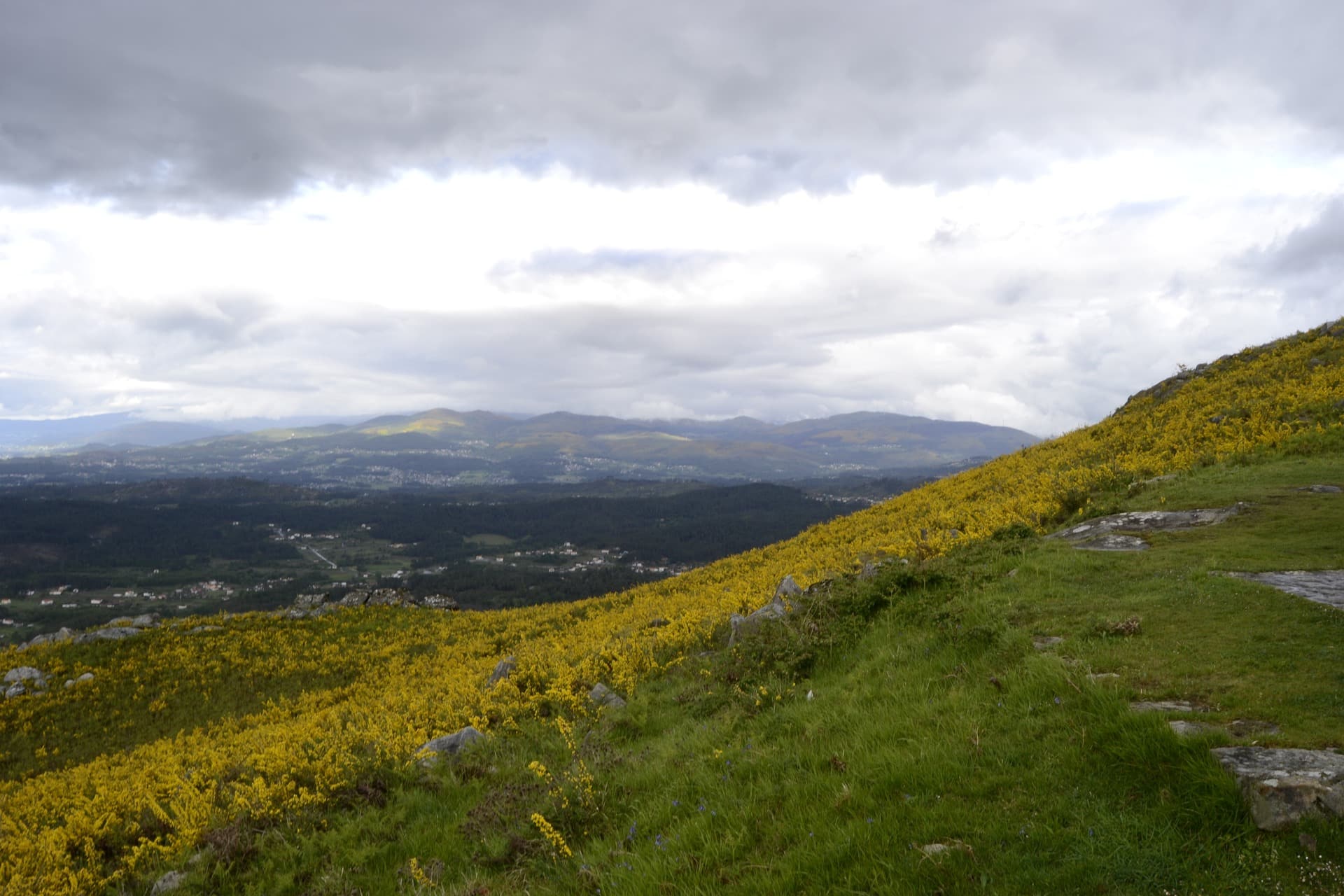An inside look at the Hungarian Seed Association.
The Hungarian seed industry is one of the country’s most important and innovative sectors in the area of agribusiness. Plant production has a leading role among the various branches of Hungarian agriculture. More than 47 per cent of Hungarian territory is arable land and traditionally used for production of agricultural and horticultural plants. The main crops are cereals, maize, sunflower, oilseed rape and barley. The climate of the country is suitable for efficient production of all main agricultural crops. Two per cent of the EU’s agricultural output is produced in Hungary. In addition, 2.3 per cent of crop products, 1.7 per cent of animals and animal products, 4.9 per cent of the EU output of cereals, and 12 per cent of maize in the EU originates from Hungary. The output of industrial crops is significant, which primarily consists of oilseeds, which is mainly sunflower, adding up to 7.7 per cent of the EU output.
Seed production plays a significant role in overall plant production, is the leading sector of Hungarian agriculture, and has a great tradition in Hungary because of the country’s natural resources—the soil’s nutrient content and climatic conditions. Traditional knowledge and highly educated professionals are the foundation of Hungary’s seed production capability. Looking back at the history of the European seed business, the development of plant breeding and seed production in Hungary started at the end of the 19th century. The Royal Seed Inspection Station, the first organisation to have a primarily role in the regulation of the seed business’ processes, was established in 1875. The first Hungarian Seed Act, which was focused on the quality of seeds and weed content and limitation in alfalfa seed lots, was issued and entered into force in 1895.
From Central Economy to Open Market
At the beginning of the 20th century, in parallel with the development of variety breeding, variety tests and trials were introduced. At that time, many private companies started to produce and sell the seeds of various agricultural and horticultural species. Because of the vivid and prosperous seed market, the seed business became an essential part of Hungarian agriculture. The Hungarian Seed Trade Association was established in 1920. The further development of seed trading and professional activity led to the establishment and strengthening of international business relationships. Hungary was among the founders of the international organisations, the International Seed Federation and the International Seed Testing Association.
Initially, seed production of agricultural crops was linked to big farms, which later became centres of multiplication, and provided room for processing facilities. In the age of socialism, under central economic governance, the seed industry was operated directly by the state, and the direction of developments and investments was determined centrally. Among the countries belonging to the Eastern European Bloc, Hungary played an important role in maize breeding and seed production. The first European line-based hybrid maize variety was bred and registered in Hungary. In the late 1970s and 1980s, large-scale agricultural production generated huge development in seed breeding, plant research, seed multiplication and processing areas. After the regime change, new production and business possibilities were initiated. Farm structures were basically reconstructed because of privatisation. The state-driven central seed producing and trading company, and its multiplication activity and marketing system came to an end. A new, open market, business-driven seed sector developed with the traditional values of the preceding decades. After structural changes, the area for multiplication was decreased and the final category of cereals was stepped up. As a result, the area and number of producers fell dramatically. The production and marketing of seeds shifted from a state task to privatised companies. Former breeding and research cooperations became formal businesses. New, privatised, small- and medium-sized companies launched, and as a result of increasing foreign investments, they became independent from earlier, strict state control.
Roots in the Past
Opportunities always have roots in the past; therefore, present success is based on traditional species. The most important Hungarian seed products are maize, sunflower, mustard and phacelia seeds. Export has always been an important part of the Hungarian seed sector. Former eastern European markets decreased, whereas western European destinations provided new opportunities to extend export markets. In the last decade, there was a huge reconstruction with regard to market share of national and foreign companies. Many international companies broadened their seed multiplication activity in Hungary by starting variety trials on newly established testing stations. Investments and the modernisation of privatised state-based seed plants boosted competitiveness and efficiency in the area of seed processing. The newly introduced advanced technologies on multiplication and seed processing provided significant progress in the seed market. In 2004, the accession of Hungary to the European Union was a milestone in the country’s seed business history because the common European market, with its unified regulation, created a new system in the entire seed sector.
Cereals Take the Lead
Arable land in Hungary is 4.3 million hectares, and 65 per cent of this is cereals: winter wheat, maize and barley. The most important species provide about 30 per cent of Hungary’s total agricultural output. The genetic resources of these crops are essential elements of the seed business. In the case of wheat, national research and breeding activity and extensive international scientific cooperation has provided a strong basis for progress. Not only are winter wheat varieties successful in the domestic market, but many of them are well known and popular in neighbouring countries and the Middle East.
Hungary produces the largest quantity of its maize seed for export, and maize seed is the country’s most important export product. The multiplication area of maize is around 20,000 to 30,000 hectares annually, depending on marketing and export. Domestic national and multinational companies take advantage of favourable climatic and agronomic conditions, the expertise of the country’s professionals, and practiced producers with large and irrigated fields. The highest quality is required by variety owners, contractors and the inspection service of the national seed authority.
The total multiplication area of all crops is around 120,000 hectares, divided over approximately 5,000 fields. There are about 120 crop species, which are inspected during seed production, and the number of varieties is approximately 1,250, comprised mainly of maize and winter wheat.
The size of the Hungarian seed sector is best described by its production value for domestic markets, which is around €300 million. Hybrid seeds of agricultural plants make up the biggest share at 68 per cent (including maize, sunflower and oilseed rape seeds). Next is the production value of cereals at €41 million, followed by vegetables, fodder crops, grasses and, finally, protein crops. Approximately 700 companies are involved in seed multiplication. The production size of producers varies widely from smallholder farmers on a couple of hectares, to large agricultural shareholding companies with several thousand hectares. From the beginning of the 1990s, the average size of the multiplication fields has continuously increased because of the transformation in property structures. In the past, big state farms were the organising centres of seed production, and after the regime change, most of the successive private companies kept their position and role in the seed sector. The majority of seed producers are engaged in multiplying cereals, with maize being the country’s most important seed product.
A Look in the Kitchen
The Hungarian Seed Association was established in 1993, and it brought together 64 seed producers and breeders. Soon after, HSA merged with the Hungarian Seed Trade Association, unifying the entire seed sector into one advocacy organisation. At the moment, HSA has 582 members, is a non-profit organisation and its members can be either natural or legal persons who are part of the seed sector. There are three committees within the association. One is dedicated to breeders and variety owners, another to seed traders and the last to seed producers. Members can choose their positions among these three committees. Depending on the activity, members can be assigned to a group of species in their range of interests. The members from different committees work in sections. The general assembly and the board of directors operate the association. The chairman, board, members of the sections and committees are all elected for five years.
The real professional work within HSA is done in the four crop sections—cereals and pulses, hybrid plants, fodder crops and other species, and vegetables. The association does not have a separate section for seed potatoes because potato and seed potato production is closely connected, therefore the advocacy is mainly managed by the National Potato Marketing Board and Association. Our association has no activity in the field of ornamentals or tree and shrub seeds. The questions and issues with respect to flower seeds and seeds of herbal plants are arranged and discussed by the vegetables section.
Tasks of the Association
The primary task of the association is to harmonise the interests of the entire seed industry (i.e. breeders, traders, multipliers, and processors) and represent the negotiated positions with the state administration (i.e. Parliament and the Ministry of Agriculture and its authorities). HSA takes part in the codification work of the administration, giving an opinion on draft proposals. The association represents a broad basis of various actors in the seed business, therefore the essential goal is to form and maintain HSA common positions and interests. The efficient advocacy work of the association would be unfeasible without quick exchange of information. HSA is making every effort to be the essential source of all information related to seeds in Hungary. HSA membership is compulsory for those dealing with plant breeding, seed multiplication, processing, trading, and seed export and import according to the legislations in force. The most important obligation linked to HSA membership is supplying data about seed marketing and production. Collecting data from our members, from the Agricultural Chamber, from other NGOs and from the Ministry and its authorities helps us to provide useful up-to-date information to our members. The data transfer can assist us to create good, professional relationships with other organisations and Ministry officials.
Recently, HSA entered into cooperation with the Hungarian Chamber of Agriculture, with the main goal of enhancing harmonisation in the seed sector. Over the past five years, the role and weight of the agricultural professional associations has changed significantly. The reforms of the state administration resulted in a decrease of authorities and governmental institutions, and enhanced the importance of the professional opinions of the associations. This was the basis for and the reason why we made a Partnership Agreement with the Ministry of Agriculture to strengthen the cooperation with respect to changing information, preparation and the opinion of legislation framework.
The association represents the Hungarian seed sector at international events and shares its experiences with its members in order to contribute to the successful operation of the sector.
We have connections with several regional and international seed organisations (e.g. European Seed Association, Confédération Européenne de la Production de Maïs, International Seed Federation, Copa-Cogeca and the Ukrainian Seed Partnership Association) either as a member or a collaborating partner.
Hungary had an active participation in the Eastern European Seed Network (EESNET) until 2010, when the EESNET organisation joined ESA. Hungary was also the host country of the first ESA Congress held outside of Brussels, in Budapest in 2011. The presence of several multinational companies active in seed production and the seed market, the seed industry’s significant export share, and close international cooperation in plant breeding are the main drivers of Hungary’s seed sector’s international relationships. The association participates in ESA’s work, sends a representative to the ESA board and has a member in the oilseed crop section. We support ESA’s common European advocacy activity with Hungarian opinions and information.
In 2017, Budapest will welcome many seed professionals at the World Seed Congress. The event’s slogan of ‘Growing Beyond Bridges’ emphasises the common goals of the host country as well as ISF. The Hungarian seed industry has always made every effort to create a bridge between eastern and western Europe, and between tradition and innovation in all areas of the seed sector. The HSA is very proud to be the host of the seed industry’s biggest event in 2017.
Besides maintaining good international relations, HSA continues its long-term professional programmes. Among these, the Post-Registration Variety Trials have the greatest importance. Ten years ago, HSA, in cooperation with the National Grain Producers’ Association, and supported by private companies, established a variety trial for winter wheat and maize. In the absence of a recommended list of varieties, such trials can provide farmers with information on the values and performance of newly registered varieties to be marketed in Hungary. There are 40 to 50 new varieties in the programme annually on 12 sites, covering Hungary’s main cereal production areas.
HSA has several tasks and positions derived from the association’s activity, and it forms and expresses opinions concerning the national regulatory processes. An HSA delegate is a member of the National Plant Registration Council, and HSA chairs the Propagating Material Working Group of the Hungarian Standards Institution.













